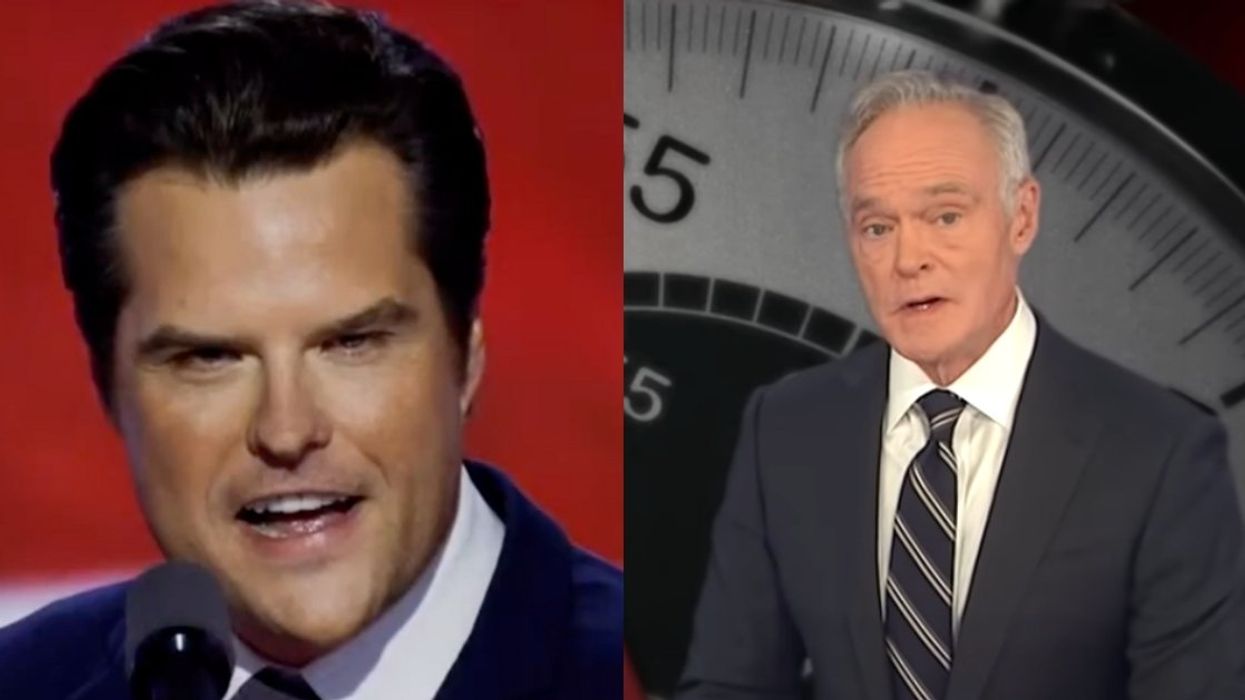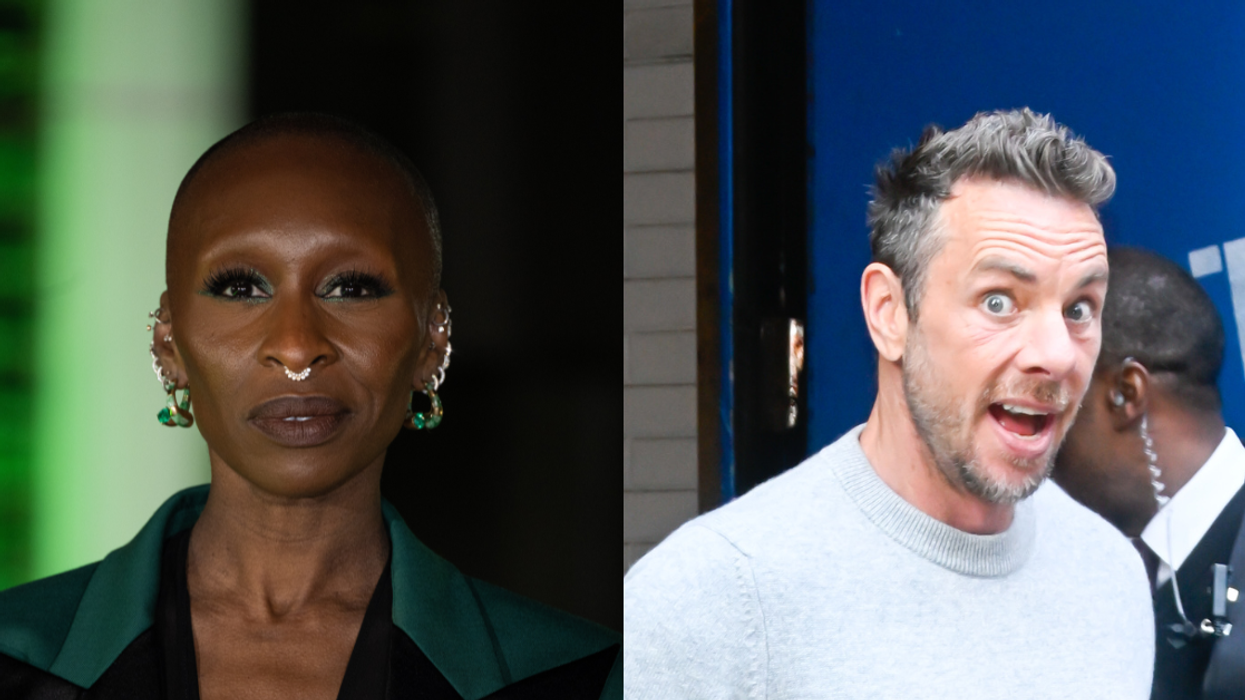The Academy once again failed to recognize a significant number of diverse artists in major categories when they announced the 2020 Oscar nominations on Monday.
Cynthia Erivo was the only person of color to be nominated out of the four acting categories and not one female director was nominated despite high expectations that Greta Gerwig was a shoe-in for her critically-acclaimed direction of Little Women.
Amidst the backlash the Academy received, horror novelist Stephen King commented that he would "never consider diversity in matters of art."
On Monday, the Doctor Sleep author explained that writers are allowed to nominate in three categories, including Best Picture, Best Adapted Screenplay, and Best Original Screenplay.
He continued:
"For me, the diversity issue--as it applies to individual actors and directors, anyway--did not come up. That said, I would never consider diversity in matters of art."
"Only quality. It seems to me that to do otherwise would be wrong."
His take on unbiased voting was met with immediate criticism, with filmmaker Octavia Butler clarifying that the work of women and people of color do, in fact, produce compelling contributions of quality.
Others agreed and emphasized the importance of recognizing marginalized demographics.
They also acknowledged the fact that as a White male, King has had an easier career path than women and POC.
A couple of hours after his initial comment, King responded to the backlash and attempted to save face with a followup tweet, explaining:
"The most important thing we can do as artists and creative people is make sure everyone has the same fair shot, regardless of sex, color, or orientation."
"Right now such people are badly under-represented, and not only in the arts."
He concluded the conversation by declaring:
"You can't win awards if you're shut out of the game."
Selma director Ava DuVernay, who advocates for inclusion in Hollywood, expressed her disappointment for the revered writer.
King deflected the social media censure by praising DuVernay's work on When They See Us.
But DuVernay—who in 2014 became one of five women in the 77-year history of the Golden Globes to be recognized for Best Director for Selma— emphasized the conversation was not about scratching each other's backs.
The conversation continued, with many suggesting how the author could incite change for a level playing field for other writers.
But hey, his final tweet was a noble start.
BuzzFeed News reached out to King's reps and have yet to hear back regarding the backlash.




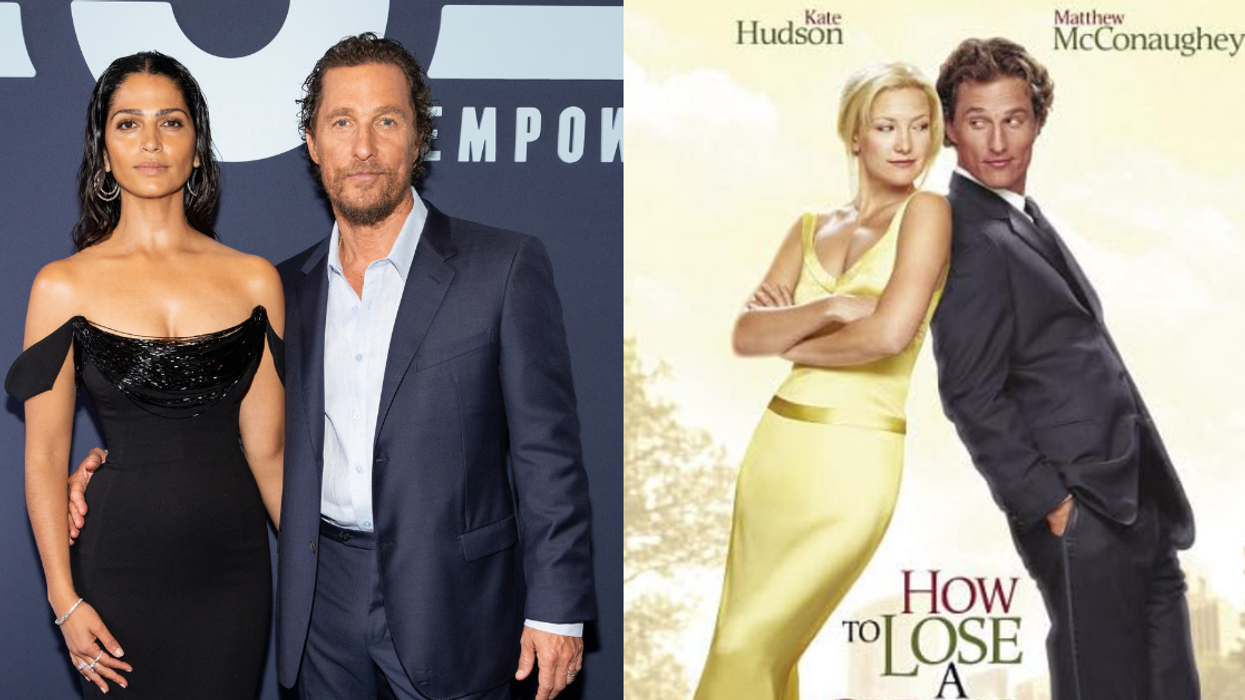
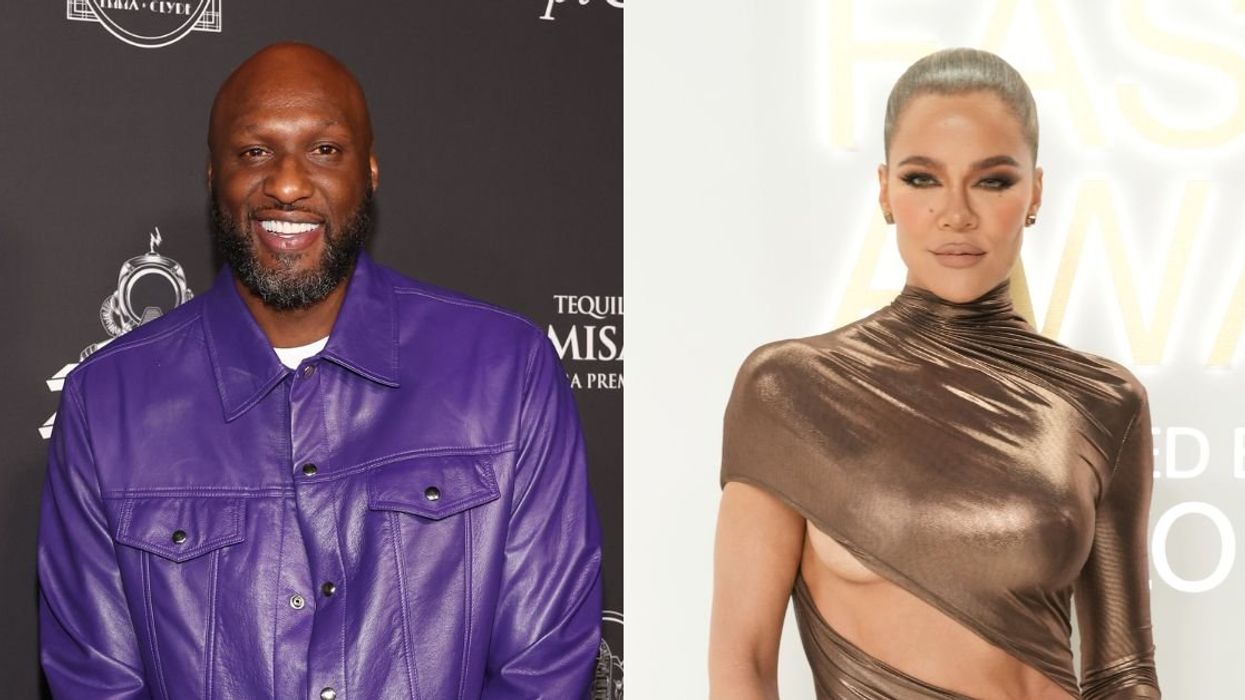
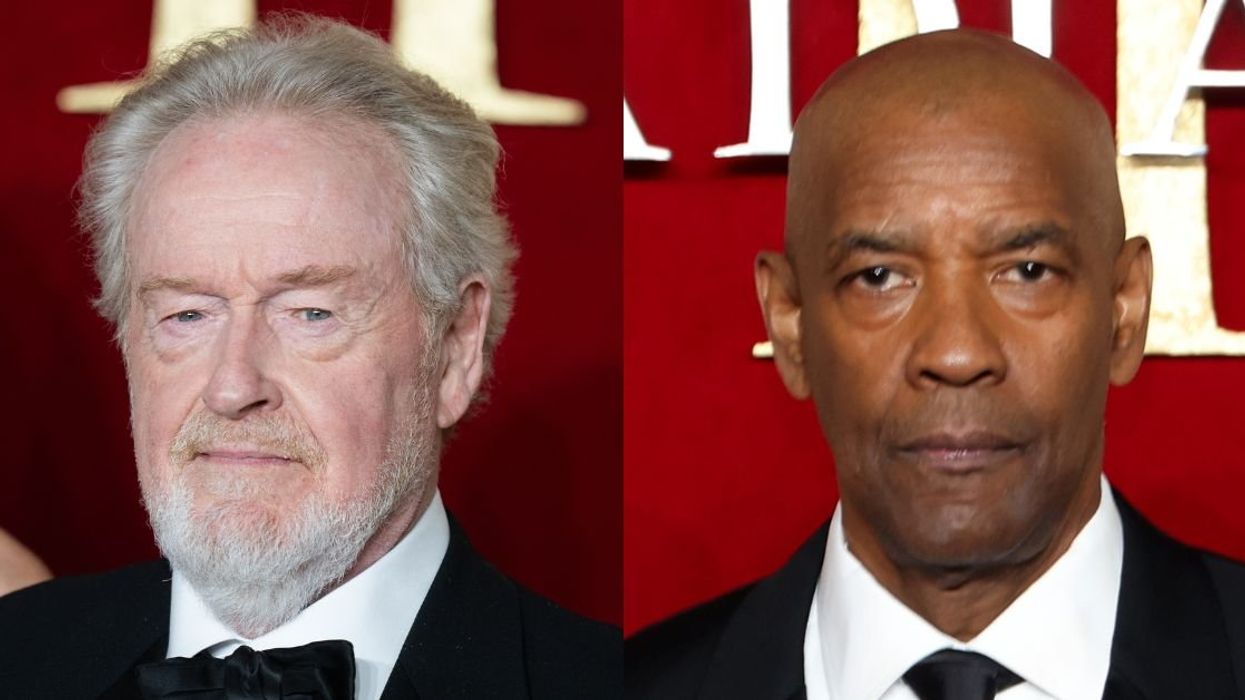

 @John-mu2js/YouTube
@John-mu2js/YouTube @dsmith8859/YouTube
@dsmith8859/YouTube @tallyholightguy5353/YouTube
@tallyholightguy5353/YouTube @MayfaireOquinn1210/YouTube
@MayfaireOquinn1210/YouTube



